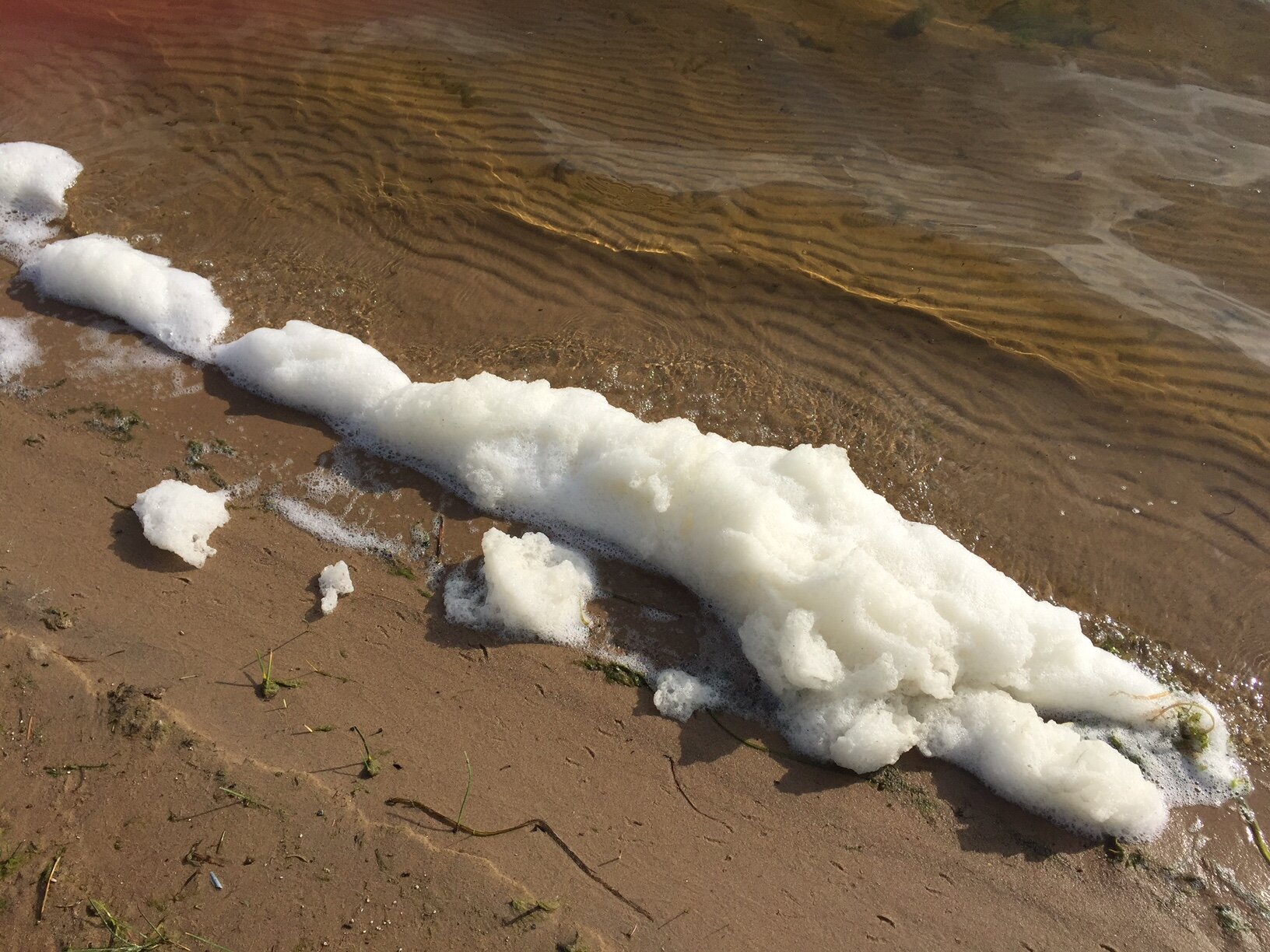
Great Lakes PFAS Action Network 2023 Community Action Mini-Grants Program
About the 2023 Mini-Grants Program
The Community Action Mini-Grants Program provides impacted communities and directly supporting groups and organizations resources in order to support their on-the-ground education, organizing or PFAS testing efforts.
The Great Lakes PFAS Action Network is a coalition driven by PFAS-impacted communities and supported by environmental organizations. Our coalition aims to be a resource for and connecter between communities that have been impacted by PFAS contamination in their water, soil, air, or wildlife.
Directly resourcing and funding impacted communities is central to our mission and values. We aim to build power within communities directly facing PFAS contamination so they may amplify their needs and collective voices to decision-makers, the media, and other people in power.
This year, The Great Lakes PFAS Action Network (GLPAN) has awarded funding totaling $35,900 to support the work of Great Lakes communities directly impacted by PFAS contamination.
Twelve nonprofit organizations, community groups, and individuals received funds as part of GLPAN’s annual Community Action Mini-Grants Program. These projects include educational campaigns, community organizing efforts, and soil and water testing in communities tackling the impacts of PFAS contamination.
GLPAN appreciates the leadership and insight of these community-led initiatives that will build awareness of PFAS impacts and empower residents to advocate for stronger protections against PFAS contamination in their communities.
2023 Funded Projects
PFAS Soil Testing in Southwest Detroit
Detroit, MI
Detroit residents and families will partner with the Original United Citizens of Southwest Detroit to participate in soil testing in their neighborhoods. Residents will learn about toxins, determine sampling locations, learn how to perform sample collection, and chart data. They will use results to take action on advocating for contaminated soil clean-up.
Contact: Original United Citizens of Southwest Detroit
Supporting and Amplifying the Wolverine Community Advisory Group
Kent County, MI
The Wolverine Community Advisory Group (CAG) is a volunteer group of community members affected by and concerned about the Wolverine World Wide contamination in northern Kent County. West Michigan Environmental Action Council will manage the Wolverine CAG website and social media. These communication platforms will keep the community informed on clean-up efforts, CAG meetings, state of MI updates, and other PFAS information.
Contact: West Michigan Environmental Action Coalition
Educating and Organizing Firefighters and Communities
Allegheny County, PA
Women for a Healthy Environment will work with firefighters, local and state governments, and residential communities to design a PFAS firefighting foam take-back and disposal program for Pennsylvania. They will also provide educational workshops and technical support for communities affected by PFAS in Allegheny County.
Contact: Women for a Healthy Environment
PFAS Community Organizing in Impacted West Michigan Communities
Oceana and Newaygo County, MI
Walkerville Thrives will host community events to inform Oceana and Newaygo County residents about PFAS contamination impacts on health and their environment, ways to reach out to lawmakers, and how to raise the community’s collective voice for action.
Contact: Walkerville Thrives
PFAS Outreach and Education Resources in Milwaukee River Basin
Milwaukee River Basin, WI
Milwaukee Riverkeeper’s project will develop outreach tools to introduce people to PFAS and how to take action on local water monitoring. A toolkit will be distributed at events across the region and shared with local decision-makers to incorporate into policy priorities. They will also develop a social media toolkit and include PFAS topics in their “Ask a Riverkeeper” video series video.
Contact: Milwaukee Riverkeeper
Incorporating PFAS in Youth Watershed Education in Flint
Flint River Watershed, MI
The Flint River Watershed Coalition’s project will expand PFAS awareness into youth education to encourage long-term involvement in environmental work. The project will incorporate PFAS topics into their GREEN youth watershed education curriculum to engage students in water quality sampling and monitoring.
Contact: Flint River Watershed Coalition
PFAS and Farmland Educational Campaign
Minnesota
Clean Water Action Minnesota will create a farmer outreach and educational campaign on the impacts of PFAS on farmland. The campaign will bring awareness about PFAS contamination, and actions farmers can take to protect their land, water, and community. This work will help demonstrate the extent of PFAS contamination in rural areas to decision-makers and highlight the need for more protective policies.
Contact: Clean Water Action Minnesota
Testing PFAS in Johnson Creek and tributaries of the Rouge River
Rouge River Watershed, MI
The Conservancy Initiative will test for PFAS in Johnson Creek and other tributaries of the Rouge River with suspected contamination. Through movie screenings or other events, they will engage community members to increase public awareness and inspire interest and PFAS activism in the community.
Contact: The Conservancy Initiative
Reporting Series Highlighting PFAS Impacts in Metro Detroit
Detroit, MI
Planet Detroit will create a series of articles documenting PFAS contamination in Detroit and the metro area to help Detroiters better understand their local PFAS exposure risks and how they can take steps to protect themselves. They will convene an online meeting with decision-makers and community members to speak and answer questions.
Contact: Planet Detroit
PFAS Testing and Education in Northern Michigan
Pellston, MI
Members of the GLPAN Community Action Team will host community engagement events and provide resources for community members to educate on the health impacts of PFAS contamination. In addition, the Ecology Center will help community members do community-based water and soil testing in Pellston, MI.
Contact: Andrea Pierce, GLPAN Community Action Team Member (odawa01@yahoo.com)
Testing Surface Water Foam on Duck Lake
Whitehall, MI
In response to the frequency and amount of surface water foam increasing on Duck Lake the Duck Creek Watershed Assembly will test the foam to determine whether it’s caused by PFAS contamination. If the foam tests positive for PFAS informational meetings with local stakeholders will be held to help protect surrounding communities and develop an action plan.
Contact: Duck Creek Watershed Assembly
Testing for PFAS in Wildlife and Compost
Brighton, MI
Grostic Farms was forced to cease operations when PFAS was found in the feed and cattle on the property. In partnership with the Ecology Center, Grostic Farms will test samples of wildlife and compost on the farm to determine if they have been contaminated by PFAS and if it is safe to consume wildlife hunted near the farm.
Contact: Grostic Farms
Program Values
Funds go directly to PFAS-impacted individuals, or groups/organizations directly supporting PFAS impacted individuals or communities
We encourage projects that support communities that identify as over-polluted and disinvested, and/or projects supporting black, indigenous, and people of color (BIPOC) that have been harmed by PFAS
The application process is straight-forward and simple
The decision-making process and outcomes are transparent to applicants and grant recipients
Projects have access to GLPAN’s science team, and/or organizing, policy, or communications expertise to provide needed project support
Project recipients enter into a networking and learning community where - when applicable - resources and lessons are shared with other communities facing similar PFAS threats
Funding Areas
Each of this year’s 12 funded projects fits into three categories: PFAS Education & Awareness Raising, PFAS Research & Testing, and/or Community Organizing.
PFAS Education & Awareness Raising
Projects in this area will engage either 1) local, state or federal decision-makers, or 2) communities with ongoing PFAS investigations or suspected PFAS contamination. Funds could support panel discussions, film events, site tours, community meetings, etc. Projects that educate/engage decision-makers AND community members will be given priority.
PFAS Research & Testing
Projects in this area will design and implement sampling and testing studies as a means to better understand if and where PFAS are present in a community, water body, wildlife, etc. Funds can support laboratory fees, sampling equipment, etc. The Ecology Center can support projects that develop PFAS studies and want to partner with labs.
Community Organizing
Projects in this area will help organize affected communities and/or the public to take action on a community need or participate in a community project. Education and awareness building may be components of this project. Funds can support letter writing campaigns, door knocking, protests, town hall meetings, etc.
Annual Impact Reports
-
2022
-
2023
